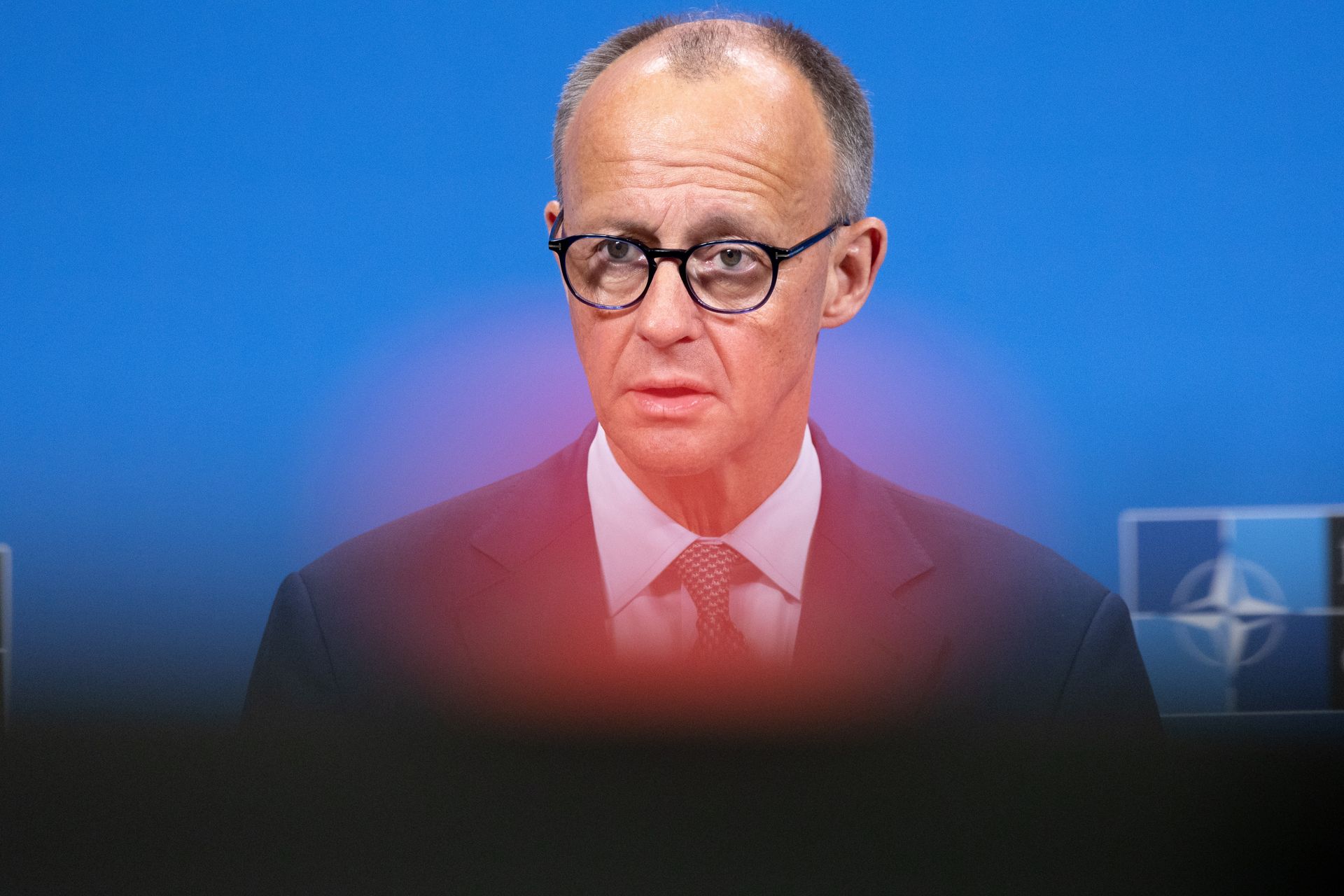US, EU no longer coordinating enforcement of Russia sanctions, media reports

Editor's note: The article was updated with a response by Ukrainian sanctions official Vladyslav Vlasiuk.
The U.S.-EU negotiations on coordinating the enforcement of sanctions against Russia have failed, making a future united strategy against Moscow uncertain, the newspaper Suddeutsche Zeitung (SZ) reported on May 27, citing an internal document from the German Foreign Ministry.
EU sanctions chief David O'Sullivan noted that there is "no more outreach" between the two sides on sanctions evasion and that G7 cooperation has "also lost momentum" in this regard, according to a report from an EU ministerial meeting in Brussels on May 20.
The story contrasts with earlier declarations by German officials that the EU's 18th sanctions package is being coordinated with Washington. European leaders have pledged to ramp up economic pressure on Moscow after it rejected proposals for a truce in Ukraine.
Ukrainian sanctions official Vladyslav Vlasiuk later disputed the article, calling its conclusion a "big exaggeration."
Vlasiuk noted that he meets regularly with his U.S. counterparts during joint working meetings in Europe, and while there may not be the same "impetus" due to the "political context," there has been no breakdown in communication.
"As before, there is a lot of exchange of information and ideas within the sanctions coalition," Vlasiuk said on Facebook, highlighting that U.S. support will be key in convincing Hungary not to block the upcoming EU sanctions package.
Since the outbreak of the full-scale war, the U.S. has been a key player in enforcing the sanctions regime against Moscow, closely cooperating with the EU and G7 partners in cutting off Russia's supplies of military-use material and curtailing its economy.
U.S. President Donald Trump, who took office this January, has been inconsistent in his approach to sanctions against Russia.
While repeatedly threatening additional economic measures to pressure Moscow to peace talks, Trump reportedly told European leaders he would not impose any new sanctions after his phone call with Russian President Vladimir Putin, allegedly not wanting to endanger business opportunities with Russia.
More recently, after Trump sharply criticized Putin for strikes against Ukrainian cities, the Wall Street Journal reported that the U.S. president is once again mulling new sanctions this week. Trump is reportedly also considering walking away from peace efforts unless progress is made.
According to the internal report cited by SZ, the current trade restrictions appear to have a significant impact on the Russian economy and have had some success in curtailing the flow of war-related goods via third-party countries and the activity of Russia's "shadow fleet."
The EU's upcoming 18th sanctions package could include measures to disconnect more than 20 Russian banks from SWIFT, lower the G7 oil price cap on Russian crude exports from $60 to around $45 per barrel, ban the Nord Stream gas pipelines, and impose approximately 2.5 billion euros ($2.84 billion) in new trade restrictions, Bloomberg reported last week.











